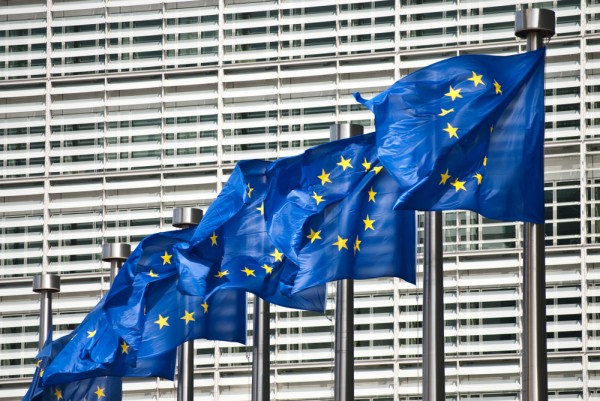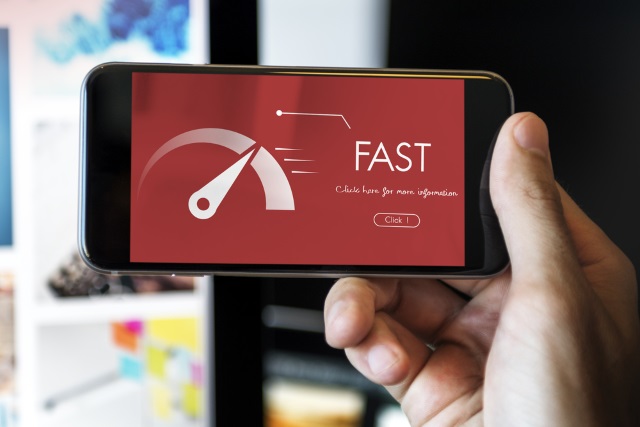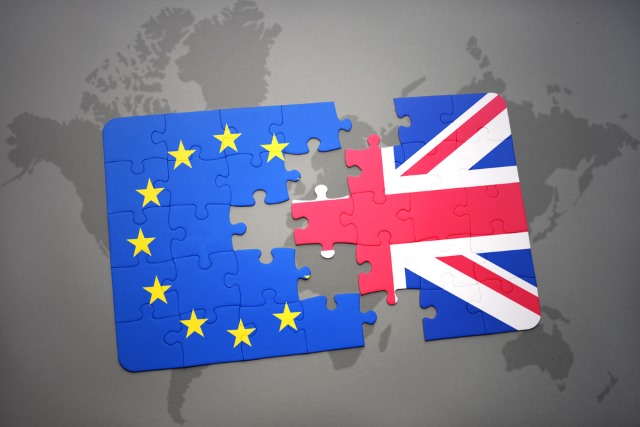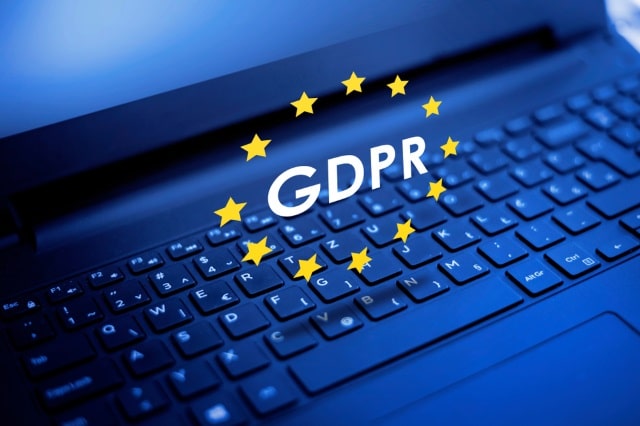
Microsoft will give Europeans the option to remove Edge and Bing from Windows
Microsoft is giving users of Windows 10 and Windows 11 living in the European Economic Area (EEA) greater control over their software. The company will soon be making it possible to extricate Microsoft Edge and Bing from the operating system.
This is not really by choice, however. Microsoft is introducing the changes in order to comply with the EEA's Digital Markets Act (DMA). The removal options will be rolling out to Windows 11 users in preview first followed by Windows 10. Microsoft says that both Windows 10 22H2 and Winodws 11 23H2 will be fully compliant by March next year.

France bans the sale of some iPhone models for exceeding European radiation limits
Regulators in France have ordered Apple to stop selling its iPhone 12 after the handset was found to produce electromagnetic radiation levels that are higher than permitted by EU safety rules.
The Agence nationale des fréquences (ANFR) has demanded that Apple withdraw the iPhone 12 from the French market until it is able to "adopt all necessary corrective measures" to bring it in line with regulations. Failure to do so will result in Apple being forced to recall all iPhone 12 handsets.

Soon you will be able to use WhatsApp to chat with people on other platforms
WhatsApp not only remains astoundingly popular, developers continue to refine existing features and add new capabilities at an astonishing rate. The latest beta version of the messaging app shows exciting signs that it may soon be possible to use WhatsApp to send and receive messages between other platforms.
This is an important -- and much-requested -- development because while WhatsApp has a colossal userbase, it is not yet ubiquitous. The fact remains that not everyone you may want to chat with is necessarily a WhatsApp user. In the future, this should not be a problem with the arrival of support for third-party chats.

Half of European enterprises have no formal BYOD policy
The shift to remote and hybrid working has led to many more people using their personal devices for work purposes.
Yet a new survey, from Apple device management specialist Jamf, reveals that 49 percent of enterprises across Europe currently have no formal Bring-Your-Own-Device (BYOD) policy in place, meaning they have no visibility into or control over if and how employees are connecting personal devices to corporate resources.

How can Europe create a thriving deep tech economy?
Europe possesses tremendous potential in the field of deep tech. Boston Consulting Group reports that European deep-tech investment has grown by approximately 50 percent annually since 2015. It stands as one of Europe's most promising areas for growth, with leading start-ups in AI, quantum computing, automation, and more.
Nevertheless, Europe faces a dilemma as an increasing number of deep-tech firms redirect their focus to the United States to accelerate their expansion. The decision of chip designer ARM to list on the US Stock Exchange was a particularly painful blow. State-backed initiatives in the US and China present a formidable challenge for European governments, with multi-trillion-dollar investment packages providing significant opportunities for American tech firms. Europe now has an opportunity to foster the growth of deep tech firms by developing a clear strategy that drives innovation and maximizes the continent's existing strength in STEM.

Europe stays on top for broadband speeds
Comparison site Cable.co.uk has released its annual analysis of broadband speed tests around the globe.
As in last year's report Western Europe tops the regional charts with an average download speed of 118.69Mbps, with North America second on an average of 94.02Mbps.

Email attacks grow faster in Europe than the US
Email attacks in the US grew by five times between June 2022 and May 2023. However, Europe saw total attacks increase seven-fold during the same period -- to an average of 2,842 attacks per 1,000 mailboxes in May.
Data released today by Abnormal Security shows that where business email compromise (BEC) attacks are concerned, the disparity is even greater.

EU approves Microsoft's multi-billion-dollar Activision Blizzard acquisition despite UK and US opposition
Just last month, the UK's Competition and Markets Authority (CMA) blocked the proposed acquisition of Activision Blizzard by Microsoft because of concerns about the impact on competition in the cloud gaming arena. In the US, the Federal Trade Commission is also seeking to block the deal
But now EU regulators have cleared the acquisition, subject to conditions. The European Commission will hold Microsoft to commitments it has made to ensure gamers in Europe will have the ability to stream all Activision Blizzard games for which they have a licence via any cloud game streaming services, as well as a corresponding free license to cloud game streaming service providers to allow EEA-based gamers to stream any Activision Blizzard's PC and console games.

Microsoft said to be unbundling Teams from Office to avoid antitrust investigation
Following a complaint from Slack, Microsoft may have decided to stop bundling its Teams video conferencing software with Office.
A report says that the move comes as the Windows maker looks to avoid an antitrust investigation by the EU. The company has indicated its willingness to cooperate with the European Commission as it seeks to avoid further legal wranglings with the bloc.

What if cloud data was stored on floppy disks?
In 2020 alone, 61 percent of businesses migrated their workloads to the cloud, with 48 percent actively choosing to store their most important data in the cloud.
But because cloud storage is out of sight it can sometimes be difficult to understand just how much data there is stored out there.

New European legislation may mean Apple introduces app sideloading globally in iOS 17
Apple has long taken a walled garden approach with so many of its products, but this is perhaps most apparent for iPhone users who are only able to install apps from the official App Store. But with the release of iOS 17, this looks set to change.
The ability to easily sideload apps from other sources is something that Apple customers have desired for years, and while the iPhone-maker seems on the verge of giving people what they want, it is not necessarily the case that the company is doing so willingly.

Western Europe dominates broadband speed tables
Western European countries take seven of the top ten fastest spots in the world for broadband, with Macau, Taiwan and Japan the only locations elsewhere to make it into the top ten fastest in the world.
The five places with the fastest internet in the world are: Macau (262.74Mbps), the Channel Island of Jersey (256.59Mbps), Iceland (216.56Mbps), Liechtenstein (166.22Mbps) and Gibraltar (159.90Mbps).

Nextcloud works with governments to create MS Office rival for the EU
The European Union's relationship with big tech companies has long been a fractious one. Its Digital Markets Act is aimed at reigning in their power and, among other things, it's credited with forcing Apple to adopt the USB-C standard.
In the latest development a number of European governments are working with Nextcloud to create a 'digitally sovereign' office platform, the aim being to help governments regain their independence from a small number of tech giants and allow them to confidently roll out digitization efforts.

Implementing international regulations from a tech perspective: Lessons from the Union Customs Code and Brexit
The issue of border management is a hot topic that has gathered urgency due to the combined impact of the pandemic, trade and travel sanctions related to Russia, with regards to the Ukraine conflict and global supply chain disruption. Borders play a critical role in managing security, public health and safety, and commerce between nations.
The issue is highly political, as evidenced during Brexit negotiations, when one of the major sticking points -- still a contentious issue today -- was around implementing the necessary customs regulations between Northern Ireland and Ireland in the absence of a hard border between the countries. A common theme among government communications at the time was that a "technological solution" would be capable of tracking goods and ensuring the correct declarations and authorizations were made, without requiring physical checks.

GDPR: Four years on
It’s been four years since the introduction of the General Data Protection Regulation (GDPR), the landmark law governing how organizations operating within the EU use, process, and store consumers’ personal data.
The revolutionary regulation has become one of the world's strictest privacy and security laws. Since its inception, it has seen hefty fines imposed on large and small companies who have been non-compliant, with high-profile cases including British Airways, Marriott Hotels and Amazon.
